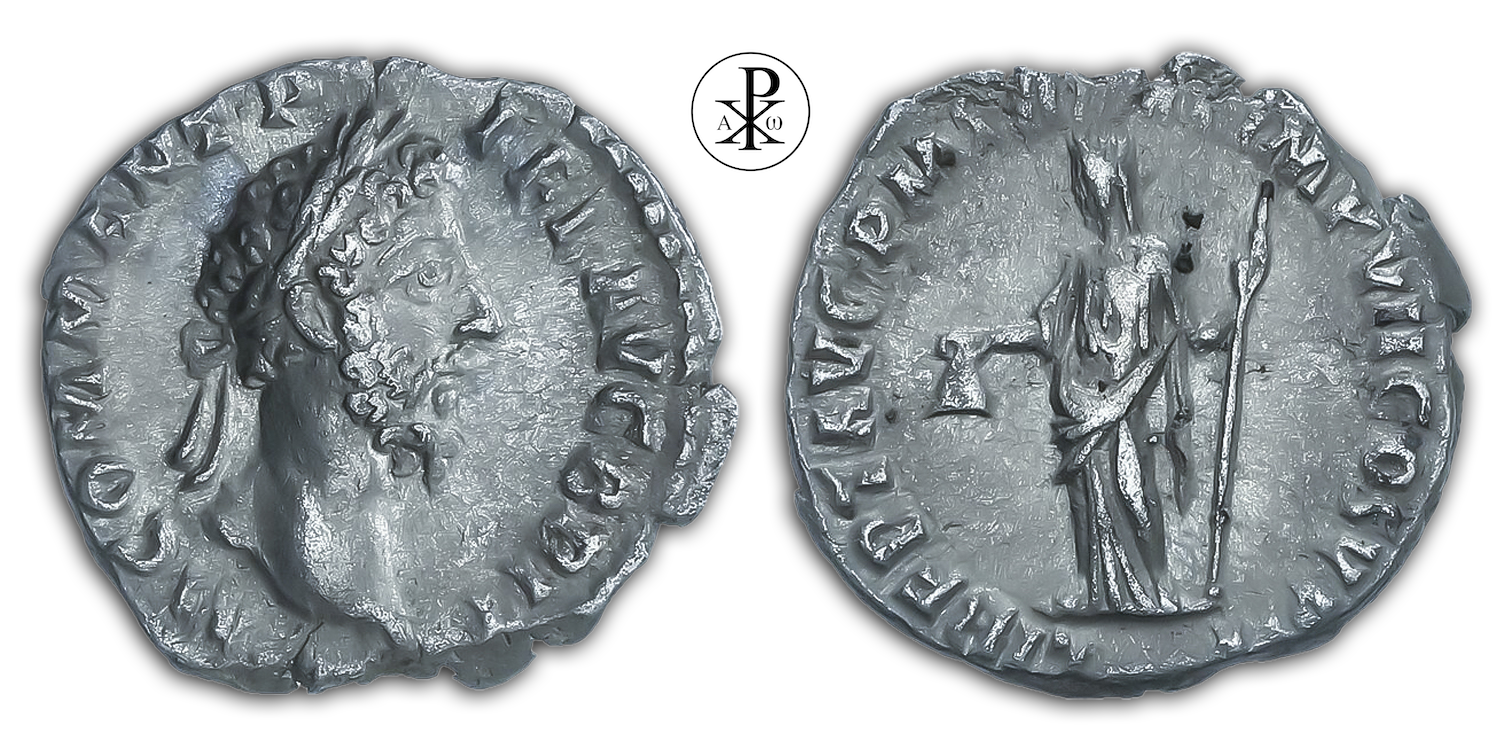Imperator Caesar Marcus Aurelius Commodus Antoninus Augustus
Reign: Commodus
Mint: Rome
Date: 186 AD
Nominal: Denarius
Material: Silver
Diameter: 18mm
Weight: 2.17g
Reference: RIC III Commodus 135
OCRE Online: http://numismatics.org/ocre/id/ric.3.com.135_denarius
Rare: R1
Provenance: Casa de Subastas Numismatica Madrid, Spain (Auction 636, Lot 154)
Pedigree: –
Obverse: Head of Commodus, laureate, right
Inscription: M COMM ANT P FEL AVG BRIT
Translation: Marcus Commodus Antoninus Pius Felix Augustus Britannicus
Translation: Marcus Commodus Antoninus, the pious, the fortunate, Augustus, conqueror of the Britons
Reverse: Libertas, standing left, holding pileus in right hand and rod in left hand
Inscription: LIBERT AVG P M TR P XI IMP VII COS V P P
Translation: Libertas Augusti, Pontifex Maximus, Tribunicia Potestate Undecima, Imperator Septimum, Consul Quintum, Pater Patriae
Translation: Freedom of the Augustus, high priest, holder of tribunician power for the eleventh time, Imperator for the seventh time, consul for the fifth time, father of the nation
Comment: Financial management under Commodus was particularly bad. Partly as a result of the senseless expenditure on competitions and games of all kinds, partly as a result of the lavish gifts to the people, there was a great shortage of money (Dio LXXII 16, 1-3. Comm. 16, 8-9). Commodus had numerous coins minted and issued with Liberalitas Augusti; LIB I in 175 AD, LIB II in 177/178 AD, LIB III in 180 AD, LIB IIII in 181 AD, LIB V in 182 AD, LIB VI in 185/186 AD, LIB VII in 190 AD, LIB VIII and LIB IX then for the last time in 192 AD. This lack of money was remedied by confiscations and the sale of offices, as well as by robbery and threats. The background of the Liberalitas VI denarius type presented here could be uprisings and unrest of the years 185/186 AD, which threatened the power base of Commodus, but could be averted in the end. In the course of 185 AD, the fall of the favourite and prefect Perennis took place. He had made himself unpopular with the Britannic soldiers by appointing chivalrous army commanders instead of senatorial ones (Comm. 6, 2). The discontented troops even wanted to elect a counter-emperor. The rebellious troops sent a large delegation of 1500 men to Rome to effect the overthrow of Perennis. Commodus apparently marched to meet them, so there was a meeting just outside Rome. When the emperor asked them what they wanted, they replied that they were here because Perennis had plotted against him. Commodus believed them, as Cleander in particular encouraged the emperor in this belief. According to another account, a son of Perennis also prepared an outrage against Commodus and gave the cause for his father’s overthrow. In any case, Commodus, fearing the deputation of the Britannic army, abandoned his all-powerful minister to the soldiers, who killed him with his wife, sister and two sons.
